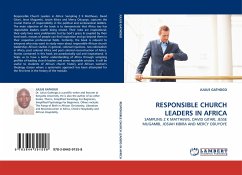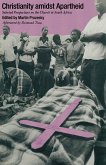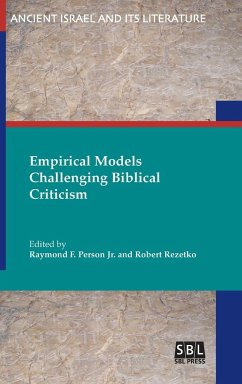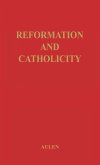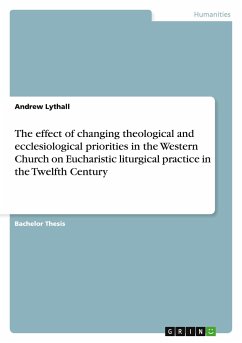This book deals with the relationship between the catholicity of the Church and ethnicity. Churches confess their "catholicity" - which means that they declare that their members belong to one community; but at the same time, the churches are often internally divided along ethnic lines. South Africa was a divided society under apartheid, which also shaped the churches ethnically. The legacy of apartheid continues to cause division between people through inequality, injustice, skewed power relations, and marginalisation. The author presents an analytical tool that has been derived from key documents of the Faith and Order movement and the World Council of Churches concerning the catholicity of the Church. In addition, he tests the catholicity of the Church against an operative ecclesiology of South African congregations and churches twenty years after the dismantling of apartheid.
Bitte wählen Sie Ihr Anliegen aus.
Rechnungen
Retourenschein anfordern
Bestellstatus
Storno


